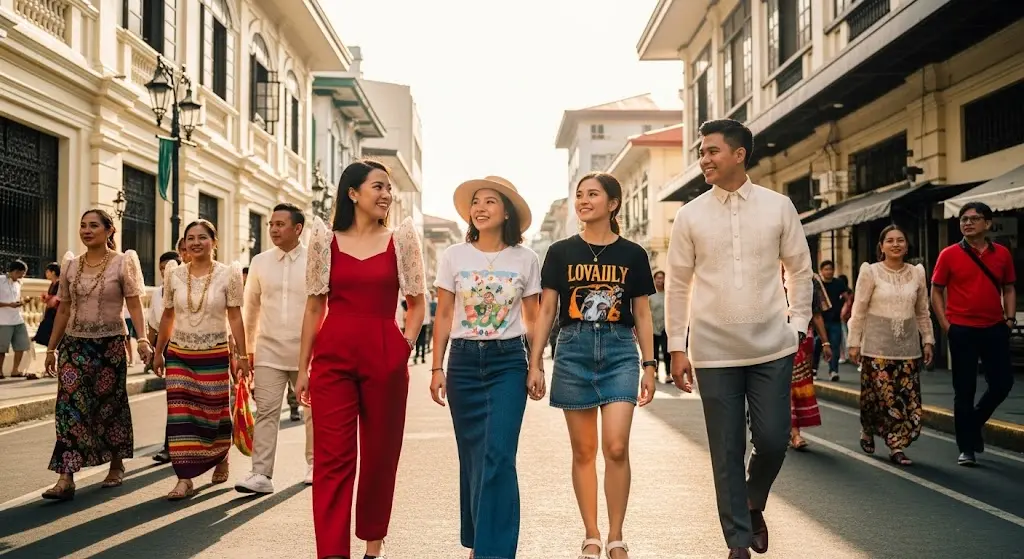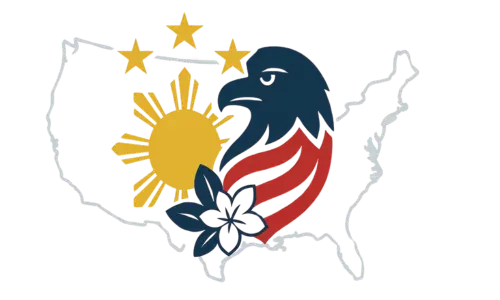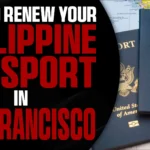What Do People Wear in The Philippines?
In the Philippines, casual wear like t-shirts, jeans, shorts, and sandals are common, especially in cities. Light and breathable fabrics are favored due to the tropical climate. For more formal occasions, men may wear a barong tagalog, an embroidered formal shirt, and women may wear a terno or a more modest dress. In business settings, conservative attire like suits and ties for men and business dresses for women are appropriate.
Casual Wear:
- General: T-shirts, jeans, shorts, and sandals are widely accepted for everyday wear.
- Fabrics: Light and breathable materials like cotton are popular for comfort in the heat.
- Footwear: Slippers are commonly worn, even in urban areas.
- City Life: Fashionable clothing is common in urban areas, similar to other parts of the world.
Formal Wear:
- Barong Tagalog: A formal, embroidered long-sleeved shirt for men, often made from piña or abaca fibers.
- Terno: A traditional Filipino dress for women, featuring butterfly sleeves.
- Other options: For formal events, women may also wear dresses or skirts and blouses.
- Business attire: Conservative attire, including suits and ties for men and business dresses for women, is standard for business settings.
Other Considerations:
- Religious sites: When visiting churches or other religious sites, it’s respectful to dress modestly and cover shoulders and knees.
- Rainy season: Be prepared for rain with a light rain jacket or poncho, especially during the rainy season (June to November).
- Swimwear: Pack swimwear if you plan to visit beaches or enjoy water activities.
- Cultural sensitivity: While casual wear is generally acceptable, it’s always a good idea to be mindful of local customs and dress respectfully, especially when visiting religious sites or attending formal events.





